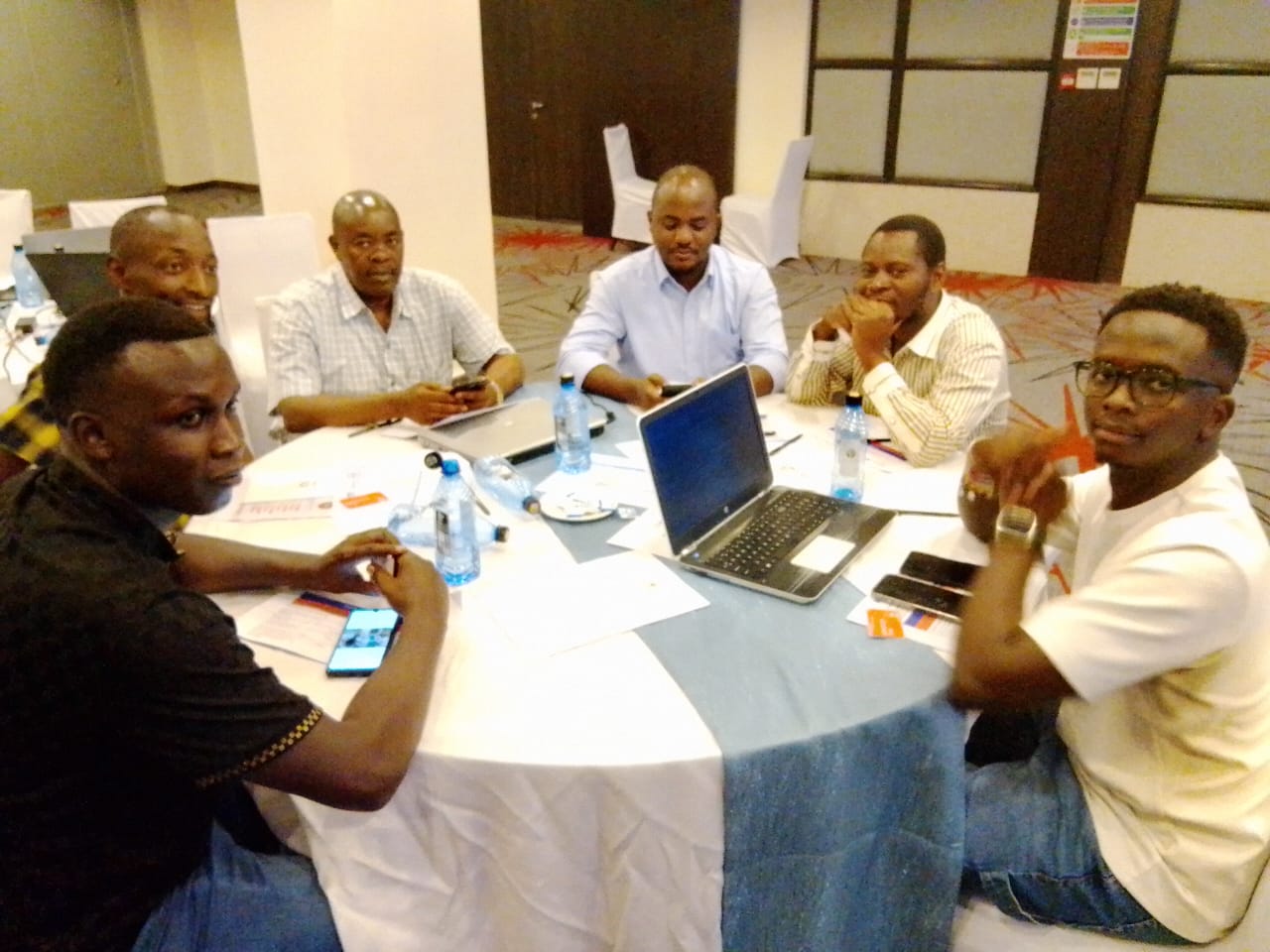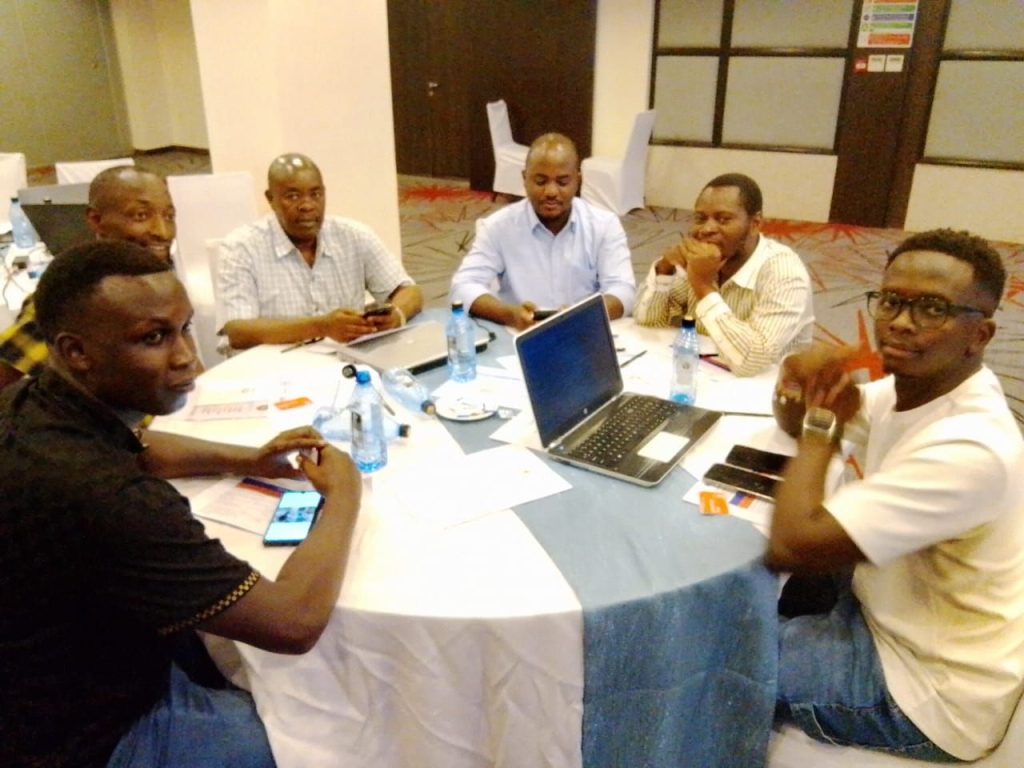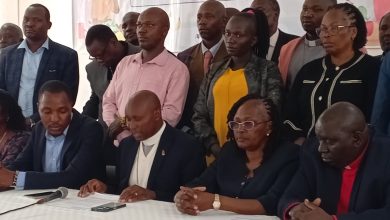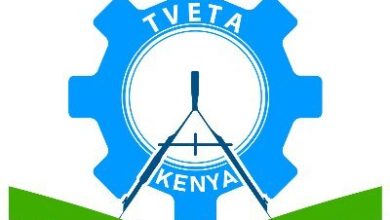Journalists urged to raise awareness in fight against child labour

By Gerald Mukembu
Kenyan journalists have been called upon to take an active role in combating the widespread issues of child labour and forced labour by highlighting the underlying factors contributing to this crisis.
During the ACCEL Africa Project Training on child labour awareness held at a hotel in Kisumu City, representatives from the International Labour Organisation (ILO), including Munoz Angelica and Duncan Chando, emphasized the urgent need for a robust legal framework to protect children.
“Journalists are crucial in raising public awareness and fostering dialogue on labour issues through various media platforms. They should voice opposition to all forms of forced labour, including modern slavery,” stated Angelica.

A recent survey conducted by the ILO in partnership with UNICEF revealed that in 2020, approximately 160 million children worldwide were engaged in child labour, with 97 million boys and 63 million girls affected.
“Nearly one in ten children is involved in child labour, with particularly alarming rates in Asia and sub-Saharan Africa. Immediate action is necessary to combat this issue by enhancing social protections to alleviate poverty, ensuring free and quality education for all children, strengthening legal protections and enforcement, and addressing gender norms and discrimination,” Chando added.
Angelica highlighted the importance of implementing social justice to bridge income and wealth disparities among different social groups, fostering equitable and sustainable economic practices.
Both representatives pointed out several root causes of child labour, including cultural acceptance, the demand for cheap labour, the prevalence of informal work, armed conflicts, limited access to quality education, and gender discrimination, which disproportionately affects girls. Other contributing factors include inadequate protective legislation, poor enforcement, and socio-cultural dynamics in families with many children.
Child labour is defined as any work that is harmful, exploitative, or detrimental to a child’s development and well-being.
Angelica noted that the ILO collaborates with other organizations, including UNICEF, to ensure adherence to universal human rights.
The Accelerated Action for the Elimination of Child Labour in Supply Chains in Africa Project is currently being implemented in Mali, Kenya, Uganda, Côte d’Ivoire, and Nigeria, focusing on sectors such as coffee, cotton, cocoa, and tea, where children are often forced to work.




